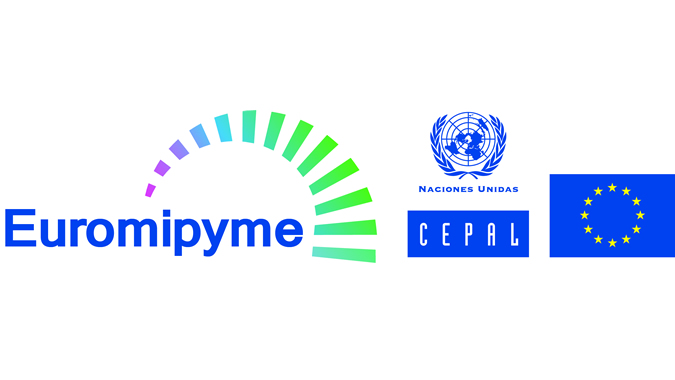Announcement
The Economic Commission for Latin America and the Caribbean (ECLAC) is organizing two international events to discuss support strategies for the region’s micro, small and medium-sized enterprises (MSMEs), in the framework of the Euromipyme project carried out by the United Nations regional organization and the European Union.
The first of these, entitled International Gathering and Commercial Networks for Business Development Centers, will be held on September 12-14 at the Intercontinental Hotel and at ECLAC’s headquarters in Santiago, Chile, drawing more than 200 participants.
Currently, Business Development Centers are an important promotion tool for small- and medium-sized enterprises in Latin America. The meeting is conceived of as a technical cooperation activity among Latin American countries to strengthen institutional capacities, generate alliances and knowledge, and exchange good practices and experiences on managing these business centers.
The event, which is open to the public, is organized by ECLAC in conjunction with the Technical Cooperation Service (Sercotec) – which is part of the Chilean Economy Ministry – the United States Embassy in Chile, and the European Union. The gathering will feature the participation of panelists from 12 countries, business roundtables for companies and individual consultations, as well as presentations on various issues of interest.
In addition, on October 10-11 in Mexico, also in the framework of the Euromipyme project, a seminar entitled the Latin America and Europe regional seminar on technological disruption: A new era of policies and institutions for MSMEs will take place, which seeks to create a space for public-private dialogue in the region to address the challenge that MSMEs face in light of accelerated global technological transformation.
The Euromipyme project on “Better Policies for Micro, Small and Medium-Sized Enterprises in Latin America” aims to improve MSME policies at a national, subregional and regional level in Latin American countries to foster inclusive economic growth, leading to increased productivity and reduced poverty.
The initiative encompasses 18 countries in Latin America: Argentina, Bolivia, Brazil, Chile, Colombia, Costa Rica, Cuba, Ecuador, El Salvador, Guatemala, Honduras, Mexico, Nicaragua, Panama, Paraguay, Peru, Uruguay and Venezuela.



